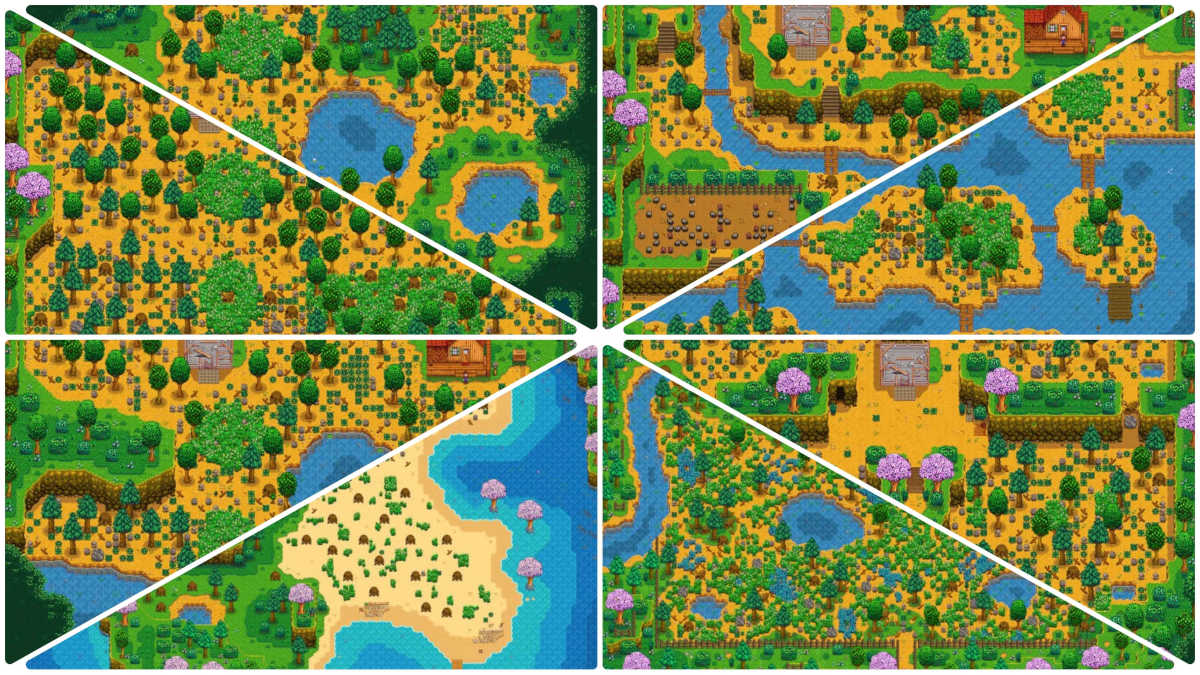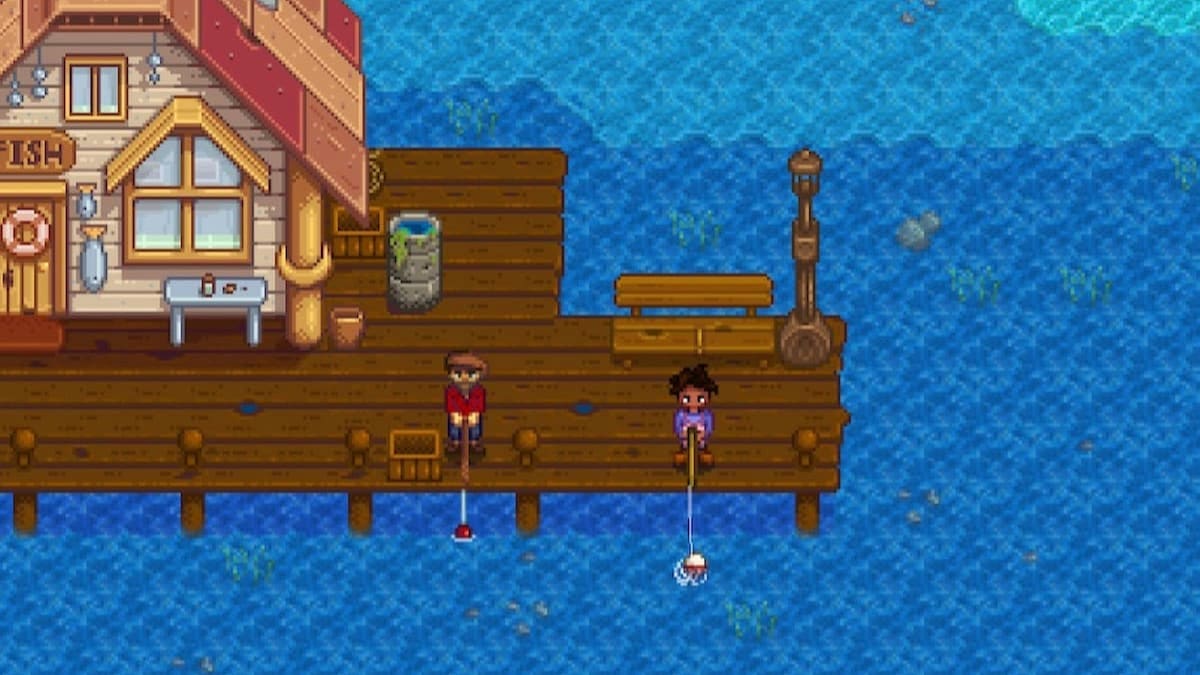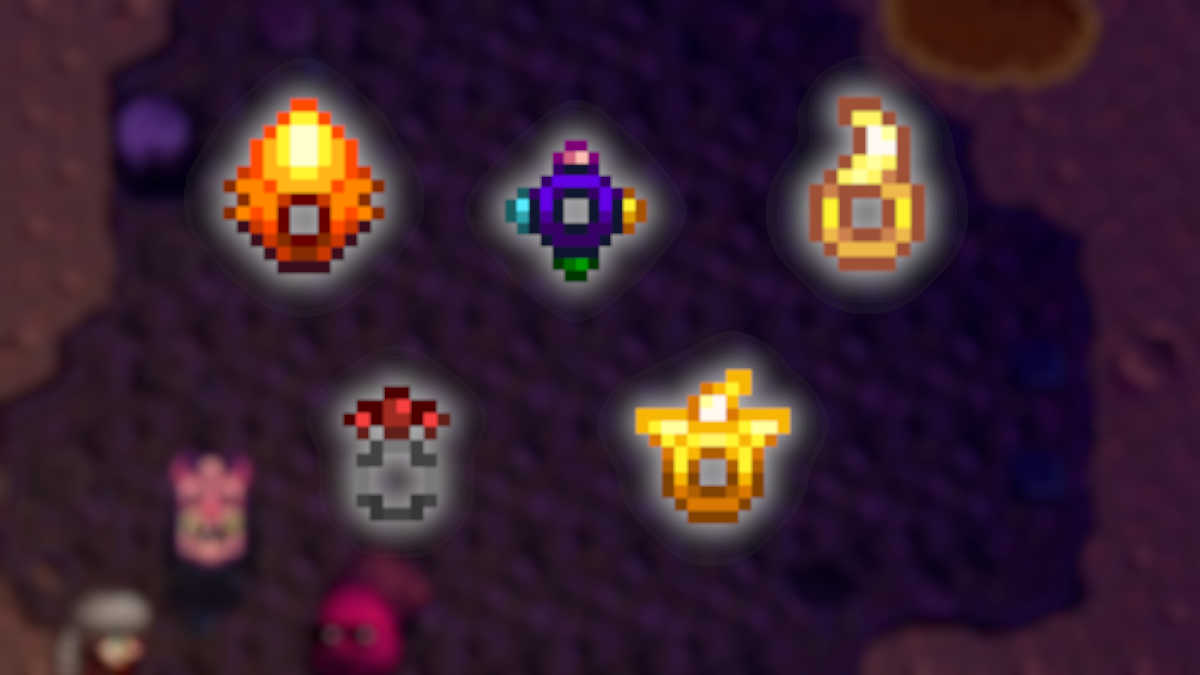-
Games
Expand Games
-
Genres
Expand Genres
-
Platforms
Expand Platforms
Stardew Valley - Page 2
Category:
Paula Vaynshteyn
Paula Vaynshteyn
Dec 13, 2024
Category:
Paula Vaynshteyn
Paula Vaynshteyn
Dec 11, 2024
Category:
Andrew Heaton
Andrew Heaton
Dec 6, 2024
Category:
Andrew Heaton
Andrew Heaton
Dec 5, 2024
Category:
Noelle Warner
and others
Noelle Warner and others
Nov 25, 2024
Category:
Steven Mills
Steven Mills
Nov 25, 2024
Category:
Noelle Warner
and others
Noelle Warner and others
Nov 22, 2024
Category:
Paula Vaynshteyn
Paula Vaynshteyn
Nov 21, 2024
Popular
1
Category:
Paula Vaynshteyn
Paula Vaynshteyn
Jan 20, 2025
2
Category:
Paula Vaynshteyn
Paula Vaynshteyn
Apr 25, 2024
3
Jordan Devore
and others
Jordan Devore and others
Apr 12, 2024
4
Category:
Paula Vaynshteyn
Paula Vaynshteyn
Apr 4, 2024
5
Category:
Paula Vaynshteyn
Paula Vaynshteyn
Mar 30, 2024









